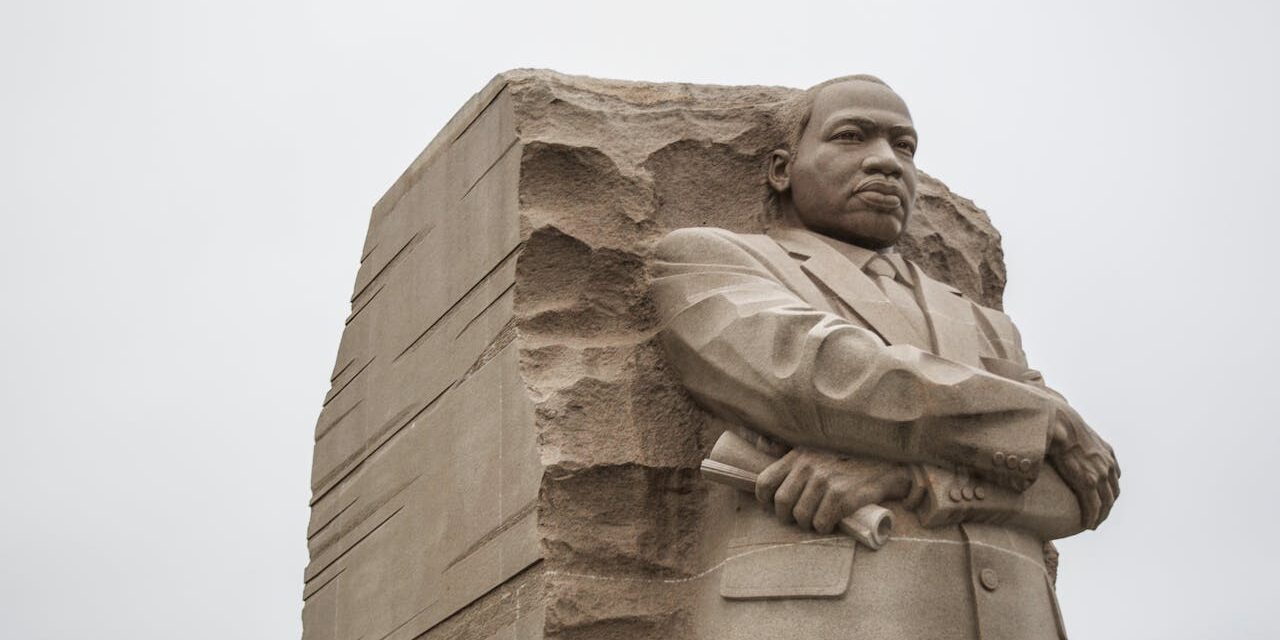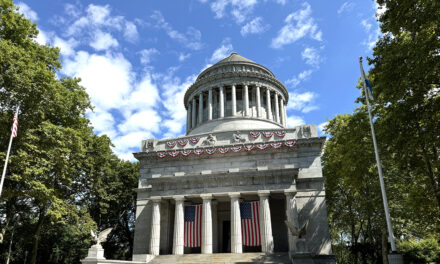Martin Luther King Jr. was a prominent figure in the Civil Rights Movement and is well-known for advancing civil rights using nonviolent civil disobedience based on his Christian beliefs.
He was born in the city of Atlanta, Georgia, in 1929 and earned a bachelor’s degree in theology at Morehouse College, followed by a Ph.D. in theology at Boston University.
Table of Contents
Career as a Civil Rights Leader
During his career as a civil rights leader, King was involved in the Montgomery Bus Boycott and played a vital role in the Southern Christian Leadership Conference.
He was a crucial leader in the Civil Rights Movement and was the one who led the March on Washington, fighting for Jobs and Freedom in 1963, where he delivered his very famous “I Have a Dream” speech.
In this iconic speech, King spoke about his dream of a world where every person is judged not on the color of their skin, but by the content of their character. He argued that segregation and discrimination were deeply rooted in the fabric of American society and called on the nation to live up to its founding principles of liberty and justice for all.
The “I Have a Dream” speech is thought to be one of the greatest speeches to be delivered in American history and solidified King’s position as a leader in the Civil Rights Movement.
Accomplishments and Contributions
One of King’s most notable accomplishments was his role in the overdue passing of the Civil Rights Act of 1964 and the incredibly important Voting Rights Act of 1965. These pieces of legislation made significant progress in ending segregation and discrimination against African Americans. The Civil Rights Act of 1964 forbid discrimination based on someone’s race, color, religion, sex, or national origin and applied to a wide range of areas, including employment, voting, and access to public accommodations. The Voting Rights Act of 1965 helped protect African Americans’ voting rights by banning discriminatory voting practices such as literacy tests.
In recognition of his efforts, King was awarded the honor of the Nobel Peace Prize in 1964 and was named the “Man of the Year” by Time magazine in 1963. He went on to become the youngest person ever to receive the Nobel Peace Prize at the time, at only 35 years old.
Assassination and Legacy
Tragically, King was assassinated in Memphis, Tennessee, in 1968. Despite his untimely death, his legacy lives on. He is memorialized at the Martin Luther King Jr. Memorial in Washington, D.C. His birthday, January 15th, is a national holiday in the United States that is celebrated on the third Monday in January. Martin Luther King Jr. is widely celebrated as a hero and champion of civil rights, and his message of equality and nonviolent resistance continues to inspire people worldwide.
Thank you, Martin Luther King Jr.
In conclusion, Martin Luther King Jr. made significant contributions and acts for the Civil Rights Movement, and his work continues to have a lasting impact. His message of equality and nonviolence is as relevant today as it was during the height of the Civil Rights Movement.
His legacy lives on through the numerous landmarks, streets, and schools that have been named in his honor and through the ongoing fight for justice and equality for all people.





